Higher Courts used there Power to Keep the Fascist Government in Power: Asif Nazrul
Share on:
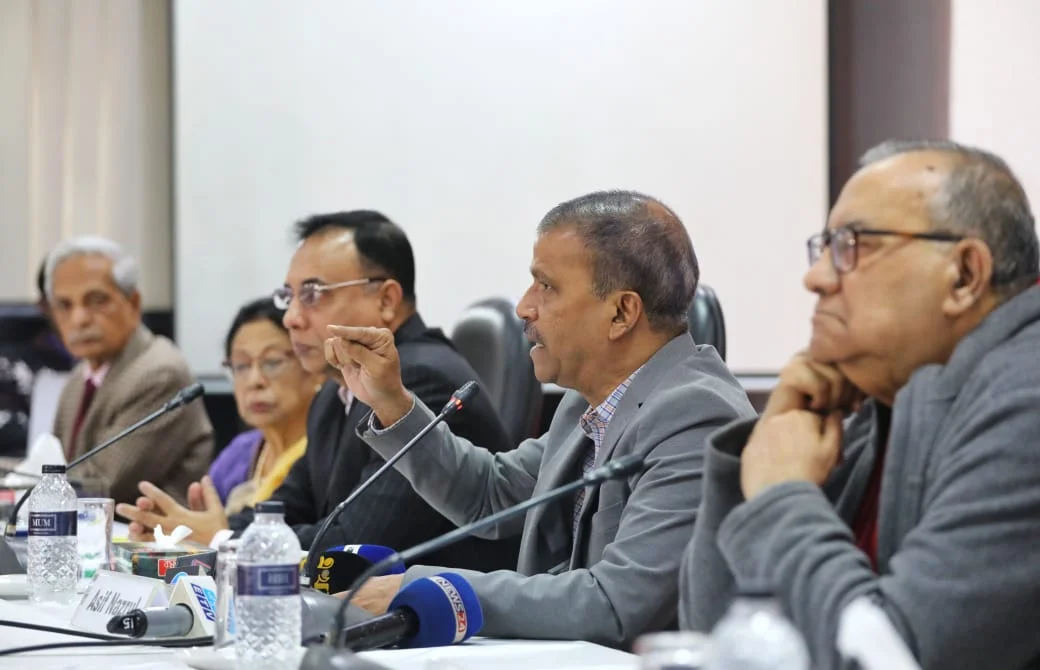
The Centre for Governance Studies (CGS) hosted an informative dialogue session to discuss the reform related to Judiciary on Sunday, December 23, 2024, at the CIRDAP Auditorium (Centre on Integrated Rural Development for Asia and the Pacific). Speakers included; Asif Nazrul, Advisor of Law, Justice and Parliamentary Affairs, Interim Government of Bangladesh.
Advocate Nitai Roy Chowdhury, Former Minister & Vice Chairman, Bangladesh Nationalist Party (BNP). Mujahidul Islam Selim, Former President, Communist Party of Bangladesh. Munira Khan, Chair, CGS. Barrister Sara Hossain, Executive Director of BLAST. Ikteder Ahmed, Former District Judge, Columnist and Legal Consultant. Dr. Borhan Uddin Khan, Professor, Department of Law, University of Dhaka. Advocate Muhammad Tajul Islam, Chief Prosecutor of the International Crimes Tribunal. Barrister Shameem Haider Patwary, Former MP. Ataur Rahman Dhaly, Adviser to the BNP Chairperson. SM Badrul Islam, Lawyer, Supreme Court of Bangladesh. Advocate Rokhsana Khandakar, Executive Director, Khan Foundation. Musharaf Ahmed Thakur, University Teacher and Politician. Barrister M Sarwar Hossain, Lawyer, Supreme Court of Bangladesh. Barrister Shihab Uddin Khan, Advocate, Supreme Court of Bangladesh. Molla Mohammad Faruque Ahsan, Member, Jatiya Nagorik Committee. Didarul Alam, Activist and DSA Victim, Rafid Azad Shoumik, Student, Law, DU & Activist, Fahin Rahman Aungkita, Graduate Student, Criminology, DU & Activist. The dialogue was moderated by the Executive Director of CGS, Zillur Rahman.
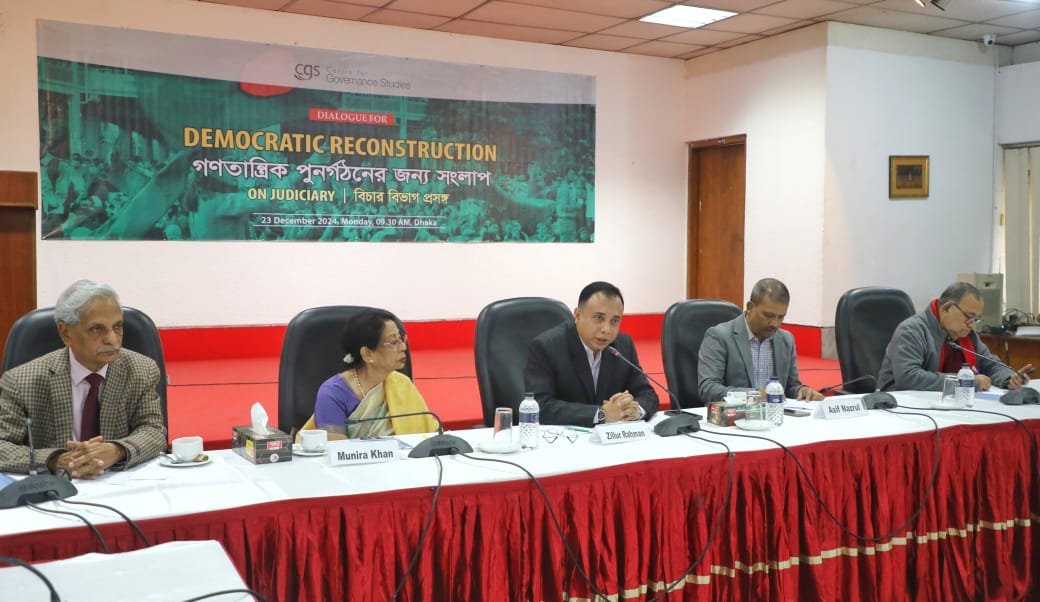
At the beginning of the dialogue, Zillur Rahman stated that in 53 years, Bangladesh has not been able to become democratic. We have faced many setbacks, sometimes under military rule, sometimes under autocracy. Reform is an ongoing process. Even after the 1990s, reform plans were made, and discussions on reform arose in 2007-08. Now, the word "reform" has become a despised term. No institution in Bangladesh is currently functioning properly. Institutions have not been able to stand by the people independently. If the judiciary had functioned correctly, we would have seen a fair election.
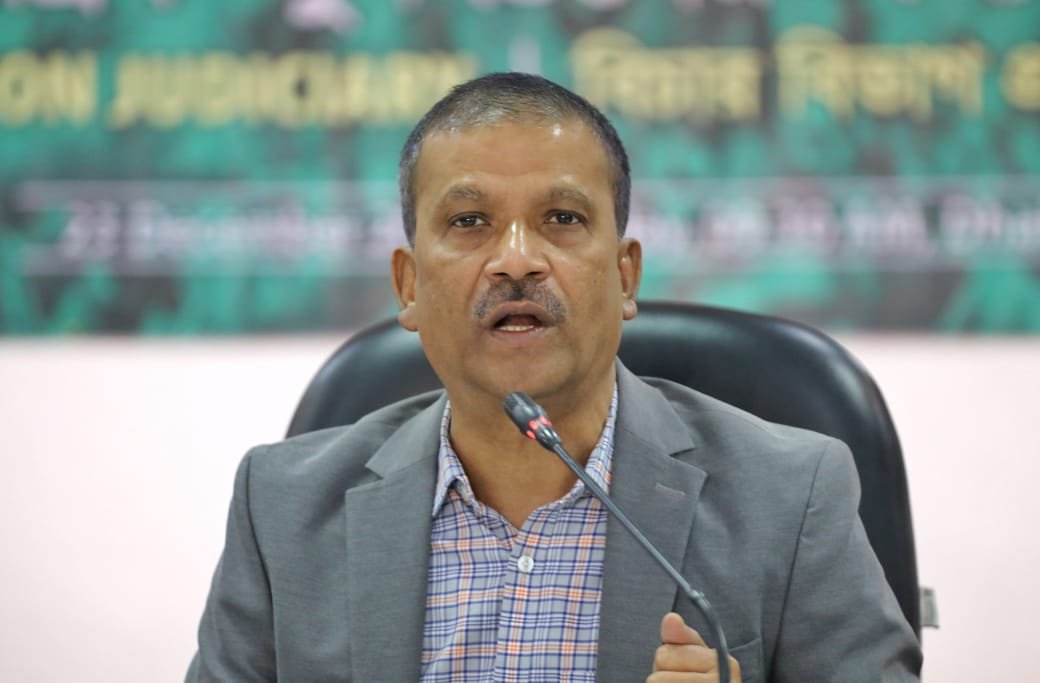
Asif Nazrul has stated that the higher courts have been given all the power, but they have used this power to keep the fascist Hasina in power and to harass ordinary people. This power has been abused. During the Awami regime, people had to spend years and months in jail even before a verdict was reached. This would not happen if elections were held properly every five years. We need a smooth power transfer process. A judicial commission has been established. Some key points include ensuring the independence of the higher court's recruitment process. If the higher courts are corrupt, the lower courts cannot be independent. Good judges need to be appointed, and a separate secretariat for the higher courts should be established. Permanent prosecution is necessary. If consensus remains strong, no matter which government comes to power in the future, it cannot change this. We have no way forward without reform. The President has not been able to appoint judges independently so far; the Prime Minister does it. We need to break out of this vicious cycle.
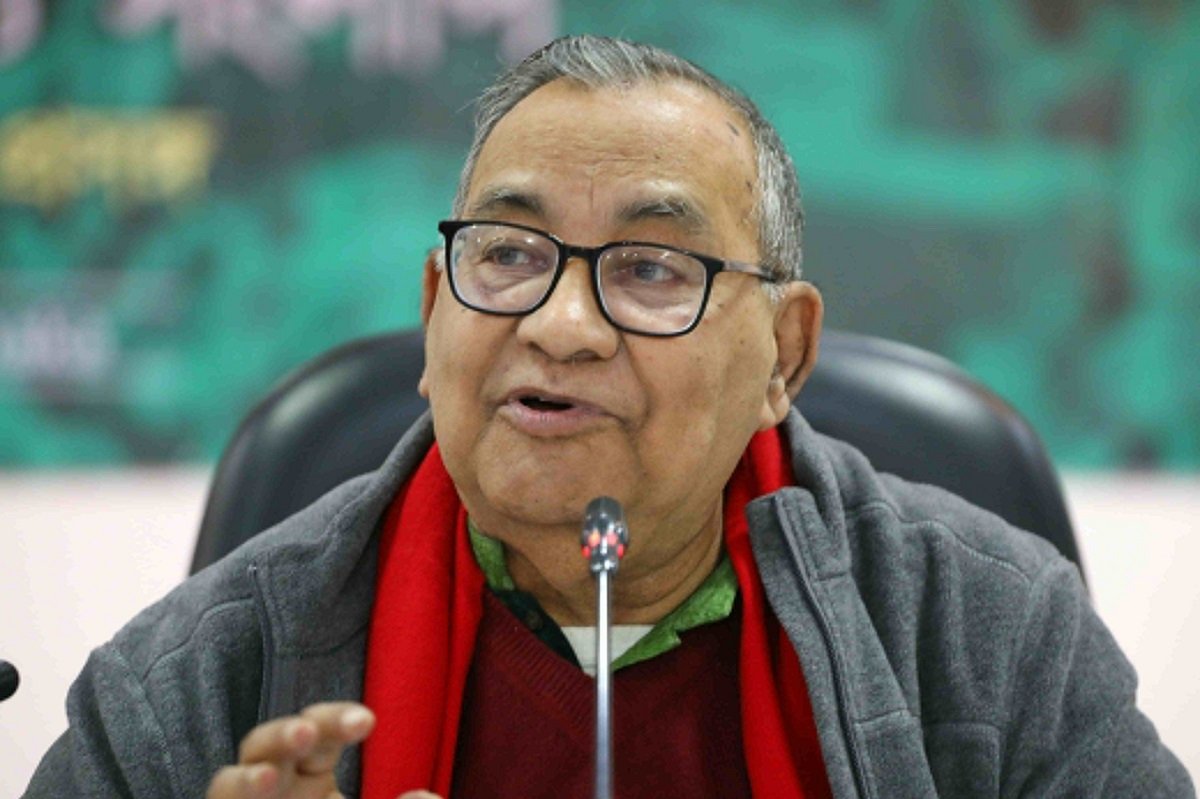
Mujahidul Islam Selim emphasized the need for economic reform, stating that the culture of looting must be changed. He highlighted that what is legal is not always just, and there must be strength in law enforcement. Both reform and elections are necessary. After independence, cultural identity reform was needed. Dialogue with the general public is essential to avoid becoming disconnected from them. Access to justice is a fundamental right and should not be tied to money. The judiciary must be free from the influence of party politics and financial power.
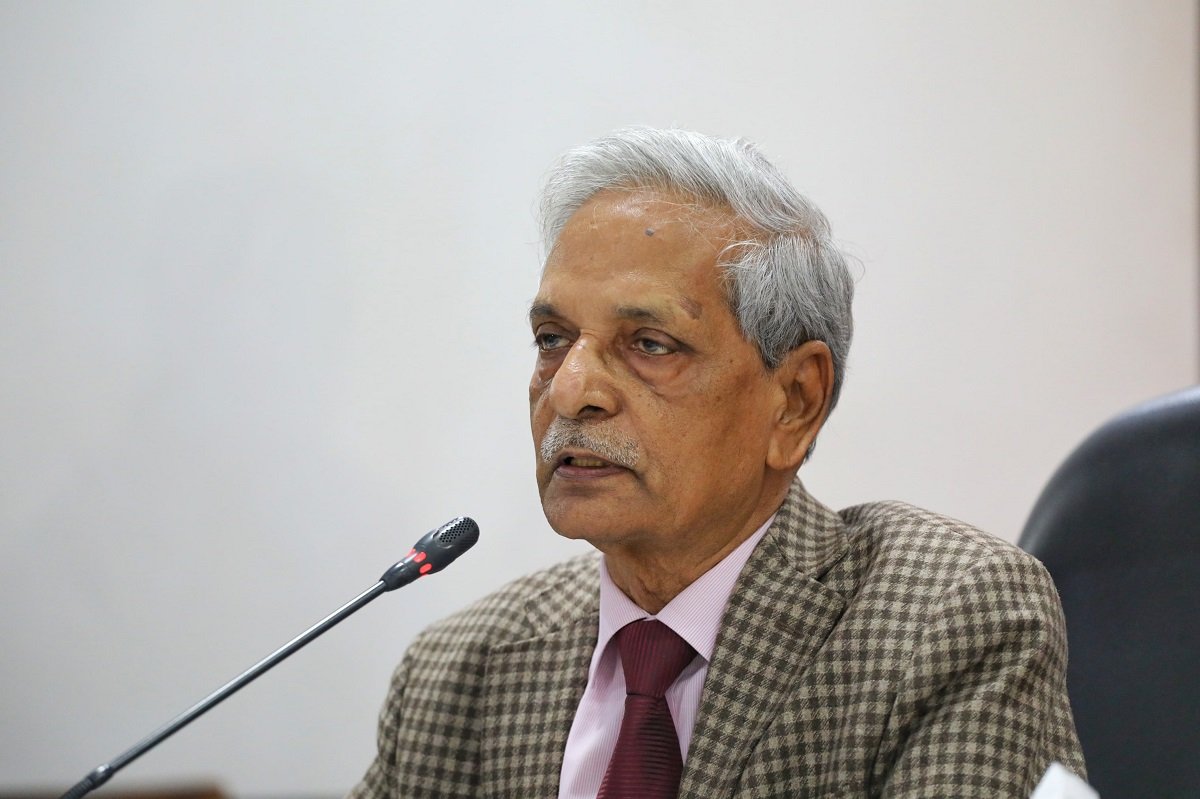
Advocate Nitai Roy Chowdhury has said that every party has their agendas and their ideologies, and all of them will have different ways of looking at reforms. The first reform that is needed is in the lower courts, the majority of harassment occurs in the lower courts. Politics has gone to the smugglers, goons, and bureaucrats, it must be taken back to the politicians.
Munira Khan has said that a lot of the politicians have been from the law profession, and politicians must play a role in reforming the judiciary.
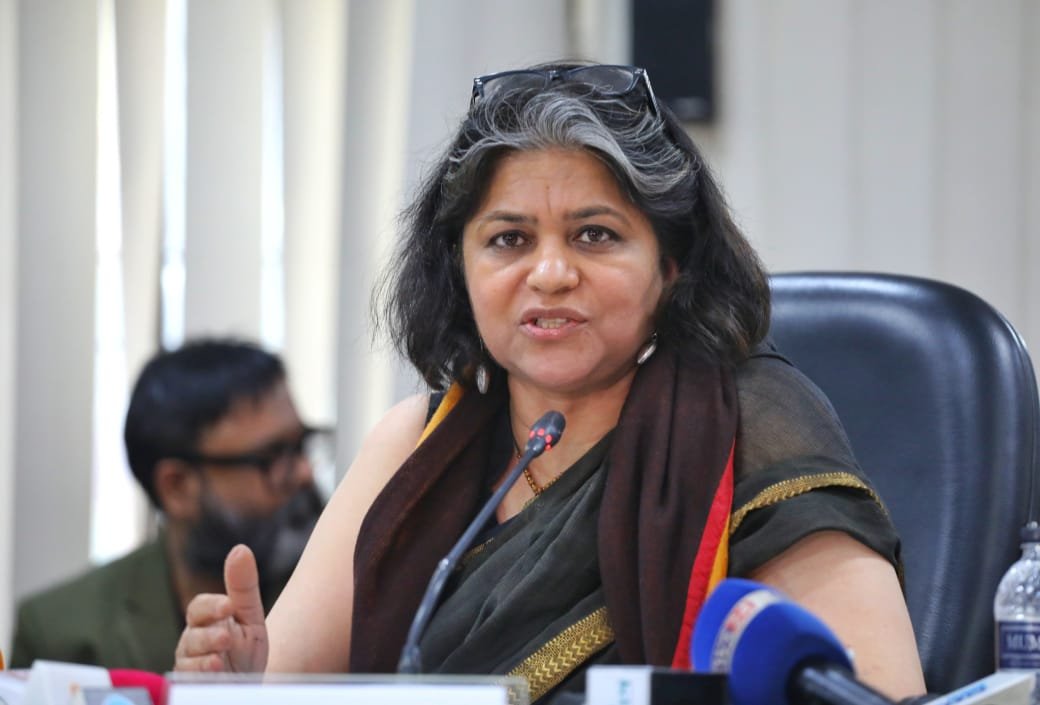
Barrister Sara Hossain has said that judicial harassment should be a subject of research. The “new Bangladesh” idea is just an idea, it has not materialized we have the same practices in most of the institutions. A lot of lawyers are being put on trial just because they represented certain political figures of the previous regime. The right to bail should be ensured by the judicial system, every person should be able to apply and get bail if applicable. We should be ashamed that there isn’t any women representation in the Supreme Court, no judges are women and there are very few lawyers. There aren’t any special provisions for disabled people, and it is very shameful that disabled people are being overlooked in the courts. During Covid a lot of court proceedings were done virtually, we could have a lot of work hours saved if we kept that practice in place.
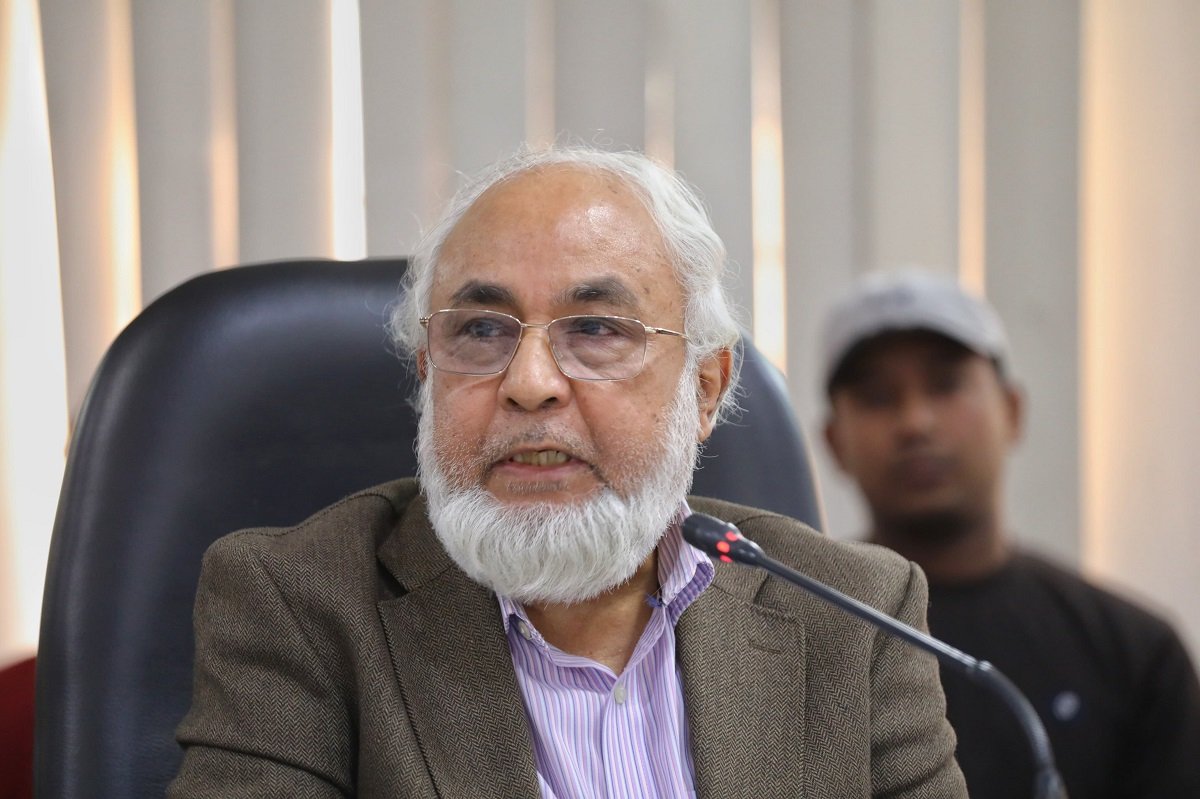
Ikteder Ahmed stated that similar to the ousted Awami government, the interim government is also not adhering to the constitution. He highlighted the unique issue in Bangladesh where there is a significant age gap in the retirement age of judges in the lower courts and the Supreme Court, which needs to be addressed by revising the recruitment process of judges. He also asserted that, unlike other Supreme Courts around the world, Bangladesh's Supreme Court is an institution that infringes on people's rights rather than protecting them.
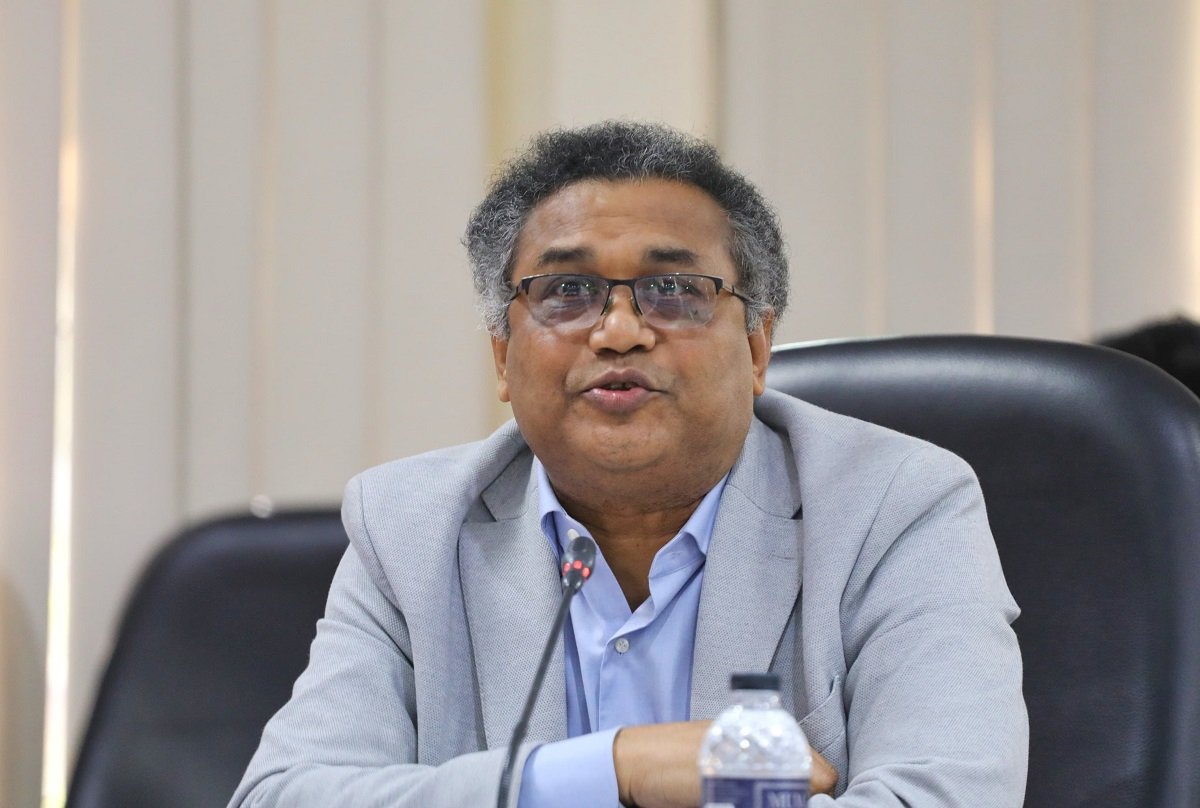
Dr. Borhan Uddin Khan emphasized that the independence of the judiciary is a political statement. He suggested that instead of focusing on freeing the judiciary, efforts should be directed towards reducing the influence of political parties within it. He highlighted the need to consider the promotion and transfer of judges as part of the reform process, noting that punishment postings are common when power shifts, demonstrating political influence. Dr. Khan asserted that true independence lies in the mindset of judges, not in the laws. He also called for procedural changes to reduce case charges and expedite the trial process.
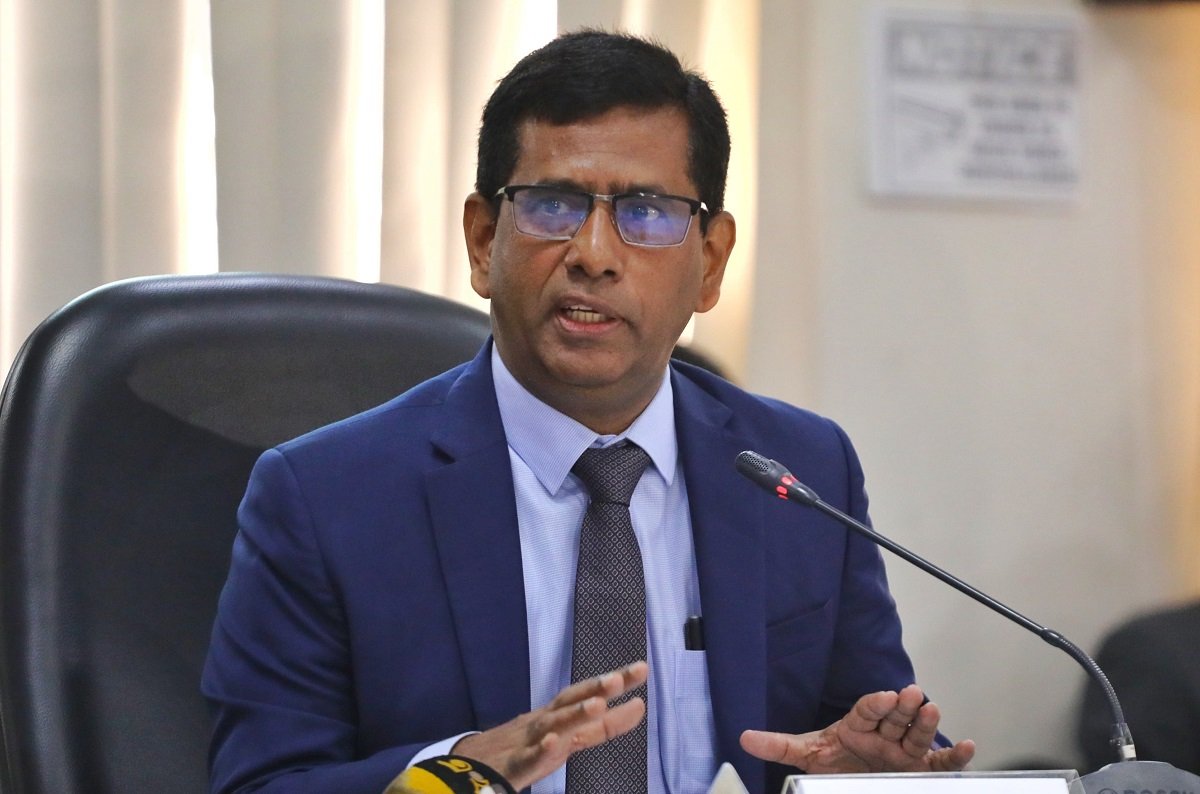
Advocate Muhammad Tajul Islam has said that the digitization of the courts should be a priority to smooth out the process. The politicization of the judiciary has been a major issue behind the corruption of the courts.
Barrister Shameem Haider Patwary has said that if the budget is increased and the justices are appointed properly then we will go forward 50 years in the judicial system of the country. We don’t have journalists who will write about the judicial system in a critical way. In the district courts, they don’t have the budget for buying papers. The washrooms and the situation of the courts, even the high court is terrible, it is not sanitary. If the basic needs of the judges are not met in the courts, how can you expect the judiciary to function properly? There aren’t any migration courts even though there are millions of people that are bringing in remittances. There has been a judicialization of politics, a lot of judges.
Ataur Rahman Dhaly has said that the interference of the other agencies in the judiciary has been a major issue. No political party has democracy within them which is the reason why we don’t have proper democracy. The dream of our independence has not materialized because we have not practiced the basis norms of democracy within our institutions. Every government since 1967 has kept me in jail, it doesn’t matter which political party, they have always used the judiciary against me.
SM Badrul Islam said that nothing can’t be reconstructed if we don’t get to the root of the problem. No civil case should be in the courts for more than a certain number of years. There needs to be structural reconstruction in order for the courts to function free and fairly. The problems of the judiciary can be solved if the people in power truly want to. Dhaka needs to have three sessions divisions at the very least so there is less red tape.
Advocate Rokhsana Khandakar emphasized that despite discussions on reforms, significant changes have not been achieved. She highlighted that judges are the most integral part of judicial reform and stressed the need for a bottom-up approach, starting with the lower courts where the urgency for reform is greatest. Without reforming the lower courts, changes in the Supreme Court cannot be realized. She pointed out that the role of judges is heavily influenced by their recruitment and expressed concern over the declining ethical standards of judges. She also called for a democratic environment, criticizing political parties for their inaction in improving the situation. She suggested the establishment of a commission dedicated to the reform of political parties, similar to other reform commissions. She asserted that an independent judiciary cannot function effectively if the government continues to interfere in judicial affairs and exert pressure on judges.
Musharaf Ahmed Thakur has said that no one should be able to practice in the Supreme Court if they don’t have at least 10 years of experience in practicing. The penal code 77 should be canceled, which says a judge cannot be tried for their acts inside the court. Police and judiciary are complementary to one another you have to make changes to both if you want to change one. Why wasn’t Begum Khaleda Zia bailed out when she filled all the criteria of getting bail? Everyone should be under scrutiny, all processes in the courts should be transparent.
Barrister M Sarwar Hossain has said that the major reforms that need to be done are the judiciary and the political parties. The political parties must be brought to reforms in the first place. The judicial activism of the judges has been low in this country.
Barrister Shihab Uddin Khan has said that the judiciary has the highest respect in the country but has the least amount of power. It is unrealistic that Bangladesh, a country of almost 200 million people, has only one high court. There needs to be decentralization of the courts across the country. There has been a judicial appointment council has been made and I am very happy about that but I am still doubtful because it has been done once before but hasn’t materialized. Lawyers need to be more proactive, the Bar Council doesn’t work and is not up to standard. The costs and the harassment in the lower courts are incredibly exhausting and should be worked on at the very least.
Molla Mohammad Faruque Ahsan has said that the promise of an independent Bangladesh in 1972’s constitution was to have a free and fair judiciary. Even after 5 August, we still don’t know what the guidelines for nominating judges were. There needs to be reform of CPC and CRPC.
Rafid Azad Soumik stated that to ensure judicial independence, the country's democracy must first be restored. He suggested adopting India's system for appointing judges to the higher judiciary. He also emphasized the need to establish a secretariat for the lower courts, recruit skilled individuals into the judiciary, and arrange proper training for them. He proposed that when gazettes are published, judges’ educational qualifications should be disclosed to allow the public to assess their competence. Discussions are necessary to address why lower court verdicts are overturned in higher courts. Attention must also be given to curbing corruption among court staff, with active media involvement. Additionally, efforts are needed to change the general public’s negative perception of the judiciary.
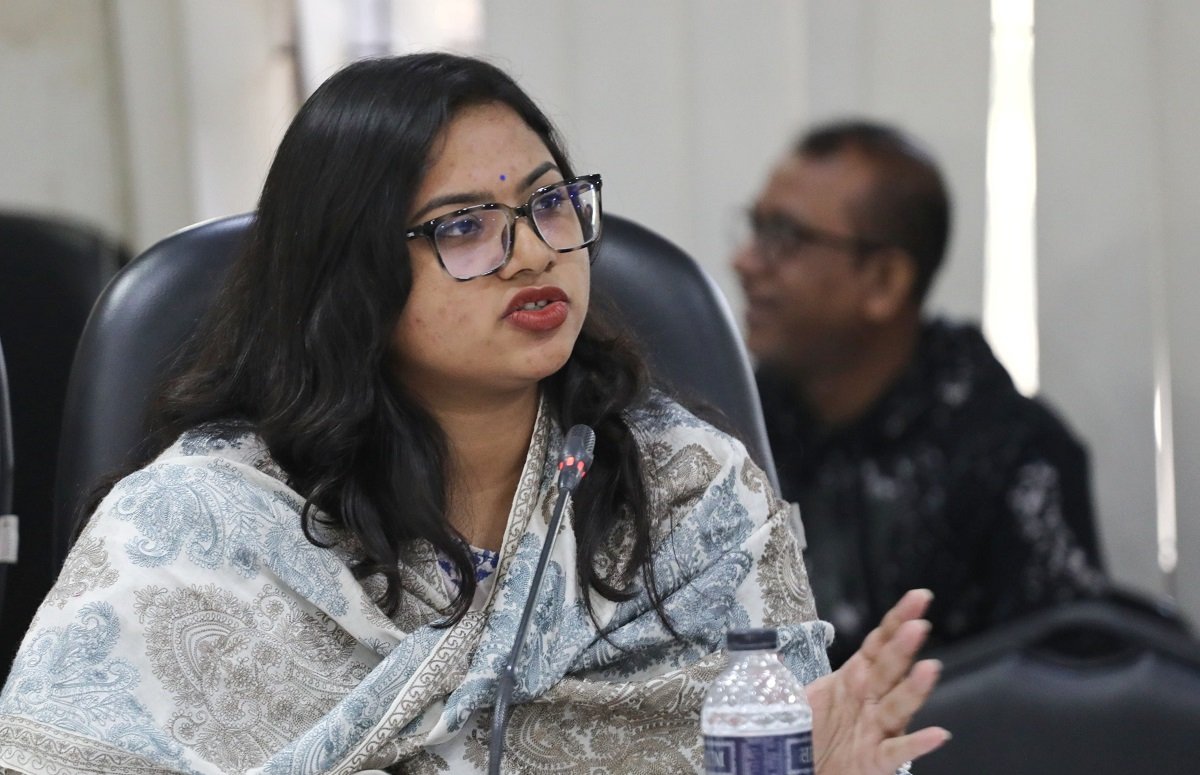
Fahin Rahman Ankita stated that public trust in the judiciary is declining, leading to a rise in mob justice, as people no longer have confidence in the legal and policing systems. She emphasized the need to ensure proper legal representation for individuals like Chinmoy Krishna Das. It is crucial to guarantee that both parties in a legal dispute have appropriate and competent representation.
Didarul Alam has talked about the harassment he has faced because of the Digital Security Act, he emphasized on the fact that his case has not been withdrawn even though it was promised by the interim government. He thinks that the judiciary of Bangladesh is a way for the powerful to exercise their power.

